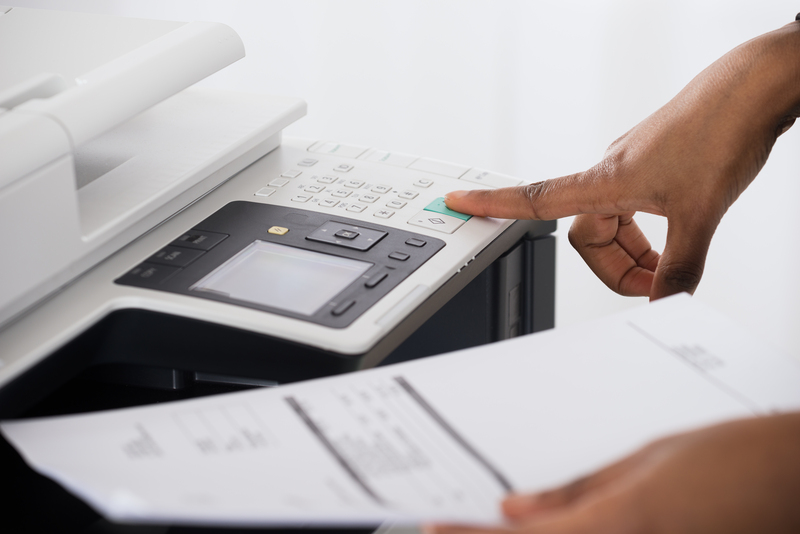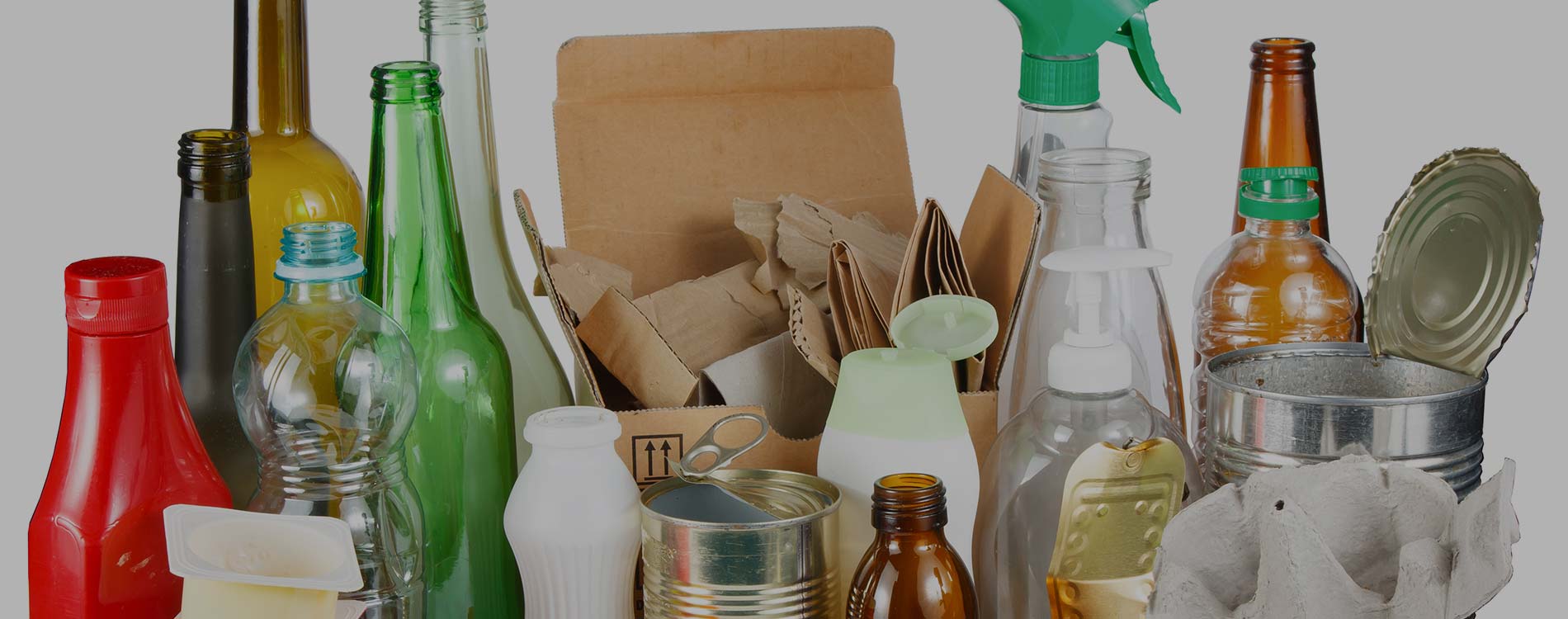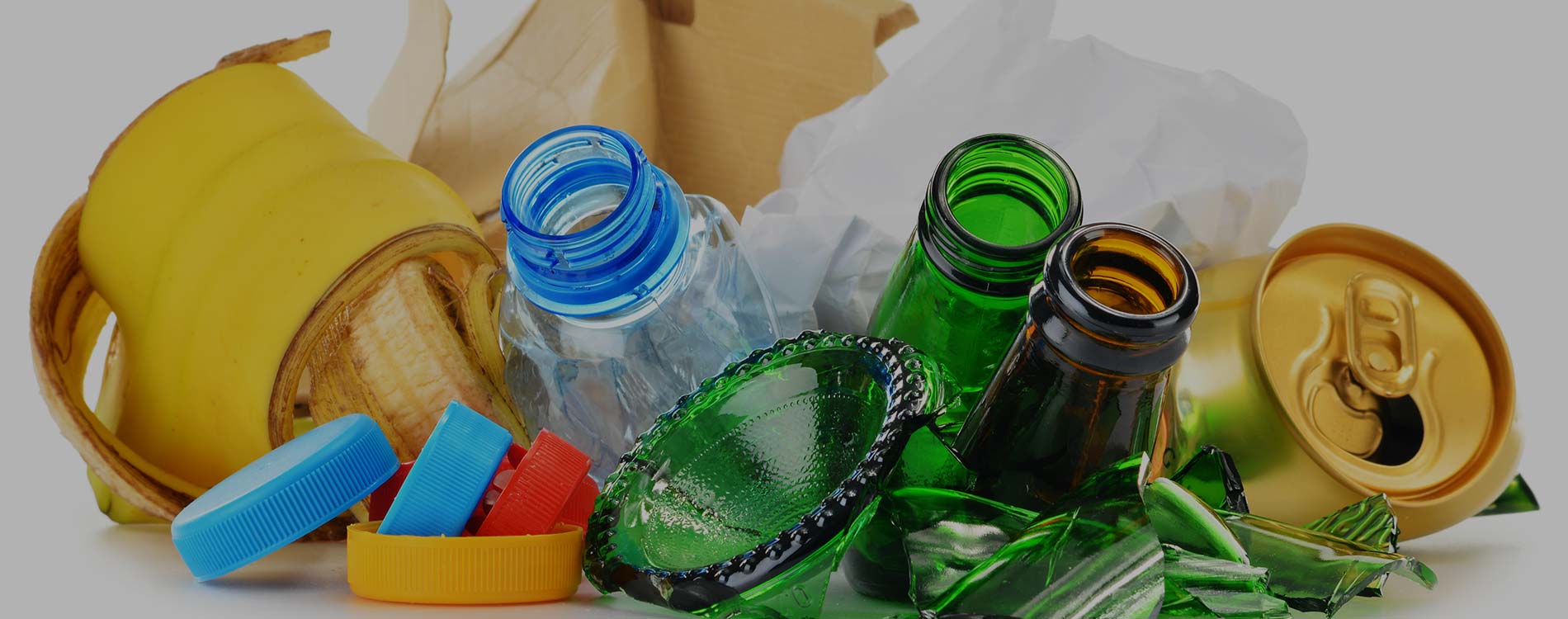Creating Harmonious Spaces: Insights into Hoarder Clean Up
Posted on 30/09/2025
Creating Harmonious Spaces: Insights into Hoarder Clean Up
In today's busy world, the accumulation of possessions can quickly spiral out of control, leading to a situation known as hoarding. Hoarding not only affects the physical environment but can also significantly impact emotional and psychological well-being. Hoarder clean up, often referred to as hoarding cleanout, is a specialized process that involves more than just decluttering--it's about creating safe, harmonious spaces that foster wellness, security, and dignity.
This comprehensive guide delves into the nuances of hoarder house cleaning, offering practical insights into the process, psychological considerations, and actionable strategies for those facing the challenges of extreme clutter. Whether you are a professional, a family member seeking advice, or someone directly affected by hoarding tendencies, this article provides valuable information for restoring order and harmony.

Understanding Hoarding: More Than Just Clutter
The Psychology of Hoarding
Hoarding disorder is a recognized mental health condition that leads individuals to accumulate excessive items and experience difficulty discarding them. This behavior often results in cluttered living environments, compromised safety, and strained relationships. Some key psychological factors involved include:
- Anxiety and Fear: The thought of discarding items may provoke intense anxiety or distress.
- Attachment: Items may hold emotional or sentimental value, making them difficult to part with.
- Perceived Utility: Many hoarders believe these items will be useful in the future, even if they haven't been used in years.
- Control Issues: Hoarding can sometimes represent an attempt to exert control over an aspect of one's life.
Recognizing Signs That Hoarder Clean Up is Needed
Identifying when a hoarding cleanout is required can be challenging, especially when the behavior has persisted over time. Common indicators include:
- Blocked Exits, Windows, or Hallways: Obstructed escape routes pose clear safety hazards.
- Unusable Rooms: Spare bedrooms, bathrooms, or kitchen spaces filled to capacity with clutter.
- Infestations or Structural Damage: Presence of rodents, mold, or compromised walls and floors due to clutter build-up.
- Social Isolation: Avoidance of visitors due to embarrassment or fear of judgment.
The Importance of Professional Hoarder Clean Up
Health and Safety Risks in Hoarded Spaces
Attempting a hoarder clean up without professional assistance can be risky. Excessive clutter often hides hidden dangers, such as:
- Fire Hazards: Flammable materials and blocked exits significantly increase fire risk.
- Biohazards: Accumulated waste, spoiled food, animal droppings, and even decomposed pests can harbor harmful bacteria and pathogens.
- Mold Growth: Stacked papers, fabrics, or cardboard can retain moisture, resulting in hazardous mold outbreaks.
- Structural Hazards: Overloaded shelves, unstable stacks, and weakened floors can lead to injury or collapse.
For these reasons, hoarder house cleaning services utilize protective gear, specialized equipment, and comprehensive disposal methods to ensure safety and thoroughness.
The Compassionate Approach: Balancing Empathy and Efficiency
Successfully conducting a hoarder clean up requires sensitivity and understanding. For many, the presence of cleaning professionals in their home can be overwhelming. Compassionate hoarding clean up teams are trained not only in removal and sanitation but also in how to communicate with hoarders with respect and patience.
- Building Trust: Gaining the trust and cooperation of the individual is essential for sustainable progress.
- Collaborative Decision-Making: Involving the hoarder in the sorting and discarding process can help prevent feelings of loss of control or trauma.
- Maintaining Dignity: Respecting privacy and honoring sentimental items fosters dignity and motivation.
Staging the Hoarder Clean Up Process: Step-by-Step Guide
Step 1: Assessment and Planning
Every successful hoarder clean up begins with a thorough assessment of the environment. Professionals perform a walk-through, noting the scale of clutter, types of items accumulated, and any immediate hazards. A strategic plan is then developed, including timelines, resources, and safety measures.
- Assessment Checklist: Identify entry and exit points, structural integrity, and potential biohazards.
- Team Preparation: Assign roles among team members, arrange protective equipment, and establish communication protocols.
- Emotional Support: Arrange for a support person, counselor, or mental health professional if needed.
Step 2: Sorting and Categorizing
Systematic sorting is crucial for an effective hoarding cleanout. Items are typically sorted into four categories:
- Keep: Items that are functional, safe, and have genuine sentimental value.
- Donate: Reusable goods that could benefit charities or local shelters.
- Recycle: Paper, plastics, metals, and other materials that can be responsibly recycled.
- Dispose: Trash, expired items, soiled or non-recyclable materials.
Labeling bins and creating dedicated staging areas can speed up this process and prevent unnecessary confusion.
Step 3: Cleaning and Sanitizing
Once accumulated items are removed, a deep cleaning is essential. Professional teams use commercial-grade cleaning agents to disinfect surfaces, eliminate odors, and address possible mold or pest infestations.
- Sanitization of high-touch areas such as doorknobs, light switches, and countertops
- Floor-to-ceiling cleaning, including under furniture and behind appliances
- Air purifiers or ozone treatments to neutralize lingering odors
Step 4: Restoration and Organization
After the space is clean, restoring harmony is about organization and maintenance. This might involve:
- Arranging furniture for better flow and accessibility
- Introducing storage solutions to prevent future clutter
- Educating residents on housekeeping strategies and regular maintenance routines
Challenges and Solutions in Hoarder Clean Up
Emotional Barriers to Clean Up
For many individuals dealing with hoarding tendencies, the clean up process can trigger feelings of anxiety, grief, or guilt. Empathy and patience are crucial at every stage.
- Grief & Loss: The process of letting go of possessions may feel like losing a part of oneself. Encourage open communication and validate these feelings.
- Shame & Embarrassment: Hoarders may feel judged or shamed for their living conditions. Approach conversations with compassion and avoid blame.
- Resistance to Change: Change can be scary. Help the individual visualize positive outcomes, such as improved health and greater comfort at home.
Physical and Logistical Challenges
- Volume of Work: Hoarder homes can contain years' worth of accumulated items, requiring careful pacing to avoid overwhelming the individual or the clean up crew.
- Hazardous Materials Handling: Professional hoarder clean up teams are trained to handle sharps, chemicals, and contaminated items safely.
- Disposal and Recycling: Coordinating with local waste management authorities ensures that items are disposed of according to environmental regulations.
Aftercare and Ongoing Maintenance
The Role of Support Systems
Sustainable harmonious spaces depend on ongoing support. Family, friends, social workers, and mental health professionals can provide encouragement and accountability long after the initial hoarder clean up is complete.
- Regular Check-ins: Periodic visits or calls help maintain progress and provide emotional reinforcement.
- Therapeutic Support: Counseling can address underlying psychological triggers and prevent relapse.
- Community Resources: Support groups for hoarders and their families offer shared experiences and strategies.
Setting Up Preventative Measures
Preventing the accumulation of clutter is an ongoing process. Here's how to keep your newly restored space harmonious:
- Establish Clear Boundaries: Designate specific areas for storage and stick to them.
- Set Routine Schedules: Regular cleaning and organizing sessions prevent clutter from building up again.
- Adopt the "One In, One Out" Rule: For every new item brought in, remove one existing item.
- Utilize Professional Organizers: They can help design systems tailored to individual needs and lifestyles.
Choosing the Right Hoarder Clean Up Service
Selecting the right team for a hoarding clean up is crucial. Look for the following qualities in a professional service:
- Certification and Experience: Ensure the company has experience with hoarder houses and technicians trained in hazardous material handling.
- Empathy and Confidentiality: A good service respects your privacy and treats clients with compassion and respect.
- Customizable Plans: Every hoarding situation is unique; a truly professional service tailors its solutions to each case.
- Aftercare Support: Look for companies that offer follow-up visits or maintenance programs.
- Transparent Pricing: Ask for a written estimate and make sure there are no hidden fees.
Frequently Asked Questions about Hoarder Clean Up
1. Is hoarder clean up expensive?
The cost of hoarder clean up varies depending on the size of the job, the extent of contamination, and the services required. Many reputable companies provide free on-site estimates. Investing in professional hoarder clean up can prevent physical and emotional health risks in the future.
2. How long does it take to clean a hoarder's house?
The duration depends on the volume and nature of accumulated items. Some projects can be completed in a few days, while more severe cases may require several weeks. A thorough assessment by professionals will help determine the timeline.
3. Can family members do the clean up themselves?
While possible, amateur clean ups can be emotionally draining and potentially hazardous. Professional hoarding clean out services bring expertise, equipment, and emotional neutrality, making the process safer and more efficient.
4. What happens to the removed items?
Items are sorted for donation, recycling, or safe disposal. Items to be kept are organized for the owner. Reputable services emphasize eco-friendly practices and sensitive handling of personal belongings.
5. How can relapses be prevented?
Ongoing therapy, support groups, and regular maintenance routines are essential. Encourage continued communication, celebrate progress, and intervene early if old patterns reappear.

The Transformative Power of Hoarder Clean Up: Real-Life Benefits
- Increased Safety: Reduced fire hazards and improved emergency access.
- Enhanced Well-being: Clean, organized environments positively impact mental health.
- Restored Relationships: Improved living conditions often lead to mended family ties and increased social engagement.
- Boosted Property Values: Well-maintained homes retain higher market value and appeal.
The journey from overwhelming clutter to a harmonious living space is profound. Professional hoarder clean up services offer not just cleanliness, but a renewed sense of hope, dignity, and possibility. By approaching the process with empathy and expertise, we can create environments where individuals feel truly safe, healthy, and at peace.
Conclusion: Restoring Harmony, One Home at a Time
Creating harmonious spaces through hoarder house cleaning is a transformative process that requires patience, understanding, and specialized skills. By balancing practical strategies with compassionate support, it is possible to address the deep-seated causes of hoarding and empower individuals to reclaim their lives.
If you or someone you know is struggling with a hoarded home, remember: help is available, and change is possible. Reach out to qualified hoarding clean up services to begin your journey toward harmony and renewal--one step, one space, one breath at a time.
Latest Posts
Discovering How Waste Has Been Managed Over the Ages
Transforming Plant Pot Disposal into an Eco-Friendly Practice
Community initiatives for recycling obsolete chargers
A Guide to Implementing Recycling in Educational Institutions

 020 3744 2205
020 3744 2205








